It was a highway exit sign that gave away their final destination: Alexandria, Louisiana.
They were driven in the back of an immigration enforcement truck – their belongings confiscated and their passports seized. Rosario* and her two US citizen children – one of whom has stage 4 kidney cancer – had no idea where agents were planning to take them.
The family had been apprehended at an immigration check-in just outside New Orleans on 24 April. After being blocked from accessing their attorney, which they would later allege in a legal complaint was a violation of their due process rights, the family was taken 200 miles (320km) to this small town in the center of the state. Rosario had been asked by US Customs and Immigration Enforcement (Ice) to sign paperwork, but she declined to do so, according to a legal complaint that accuses the US government of illegally deporting her and her children, but did not know precisely what it was.
“They never told me where I was going,” Rosario said, answering questions from the Guardian via her lawyers about her ordeal for the first time after her family’s case received widespread national and international coverage in April. “They had told me I couldn’t ask anything, I asked where we were going, but they stayed silent.”
Rosario, 25, and her two children were forcibly removed to Honduras in the early hours the next day, from a rural airport in Alexandria that has become a hub for Donald Trump’s mass deportation program. The site houses a unique detention center that has been referred to as a legal “black hole” by attorneys with clients inside, and it opens straight on to an airport tarmac. A recent Guardian investigation into the facility revealed repeated reports of medical emergencies, prolonged detention, poor conditions and violations of detainees’ due process.
While the detention center holds only adult male detainees, leaked flight records show at least 3,142 women and children have passed through the Alexandria airport on Ice charter flights during the first 100 days of Donald Trump’s second term. Some, like Rosario, are detained in undisclosed hotels before they are removed from the country or transferred to other detention sites.
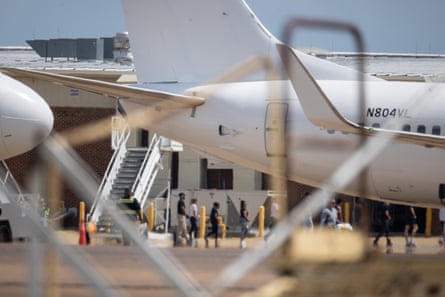
It is not clear how many family groups and unaccompanied children have been detained this way in Alexandria. But data disclosed under a federal consent decree governing the standards of child detention shows at least 18 children have been booked out of detention locations in Alexandria between January and July of 2025. The number is almost certainly an underestimate.
The Department of Homeland Security did not respond to detailed questions including how many family groups and children have been detained in Alexandria-area hotels.
Rosario could not remember which Alexandria hotel her family was taken to. “I just remember we entered through a parking area, not the front,” she recalled.
The Guardian has reported that a Sheraton hotel – a chain owned by Marriott – an eight-minute drive from the detention center has been used to detain other families held in Alexandria.
It could not be independently confirmed whether Rosario and her family had been detained at that Sheraton.
Marriott did not respond to specific questions about Rosario’s detention. A spokesperson has previously not disputed the Sheraton’s use as a venue to detain families in Alexandria but said its hotels “are not designed or intended to serve as detention centers”, adding that the property is operated by a third party.
“We were like prisoners in a room,” Rosario said, adding: “The kids would try to go toward the door, and the women [guards] would get mad.”
Rosario’s four-year-old son Romeo* was diagnosed with stage 4 kidney cancer at the age of two, which had metastasized to his lungs, and was receiving “regular and critical life-saving cancer treatment” at a specialized children’s hospital in New Orleans before his arrest by Ice. His sister, Ruby*, also a US citizen, was seven when she was arrested with her mother and brother.
Rosario “begged” guards at the hotel to allow her to use a phone the night the family was there, she claimed in a federal civil rights lawsuit. She was eventually allowed one brief phone call to her father and informed him she was in Alexandria.
The family was woken up at 2am the next morning, Rosario said, and taken straight to the airport in a van with another family also detained at the hotel.
Unbeknownst to Rosario, her lawyers and advocates had searched throughout the night to find where the two families had been kept, in a bid to compel legal intervention. But they could not be found. The lawyers had made multiple applications to Ice immediately after the arrest to block the deportation and determine her whereabouts. They had been repeatedly ignored, according to filings.

“The Alexandria staging facility is itself already a black hole,” said Sirine Shebaya, executive director of the National Immigration Project, which is representing Rosario and her family in their ongoing litigation against the Trump administration. “But in the situation with families, they will often not take them to the facility itself, but put them in undisclosed hotel rooms close to the facility.
“The role that this plays is to facilitate this very rapid-fire deportation without a lot of scrutiny because they have the airport right there.”
At the center of the lawsuit filed on behalf of Rosario and another family is the allegation that immigration authorities have violated their own rules governing the care of US citizen children with parents facing removal from the US. The directives state that Ice “must afford [parents] … a reasonable opportunity to make a decision regarding the care or travel of their minor child[ren]”. It further contends that the family’s civil rights were violated under the fourth and fifth amendments to the US constitution, which guarantee due process and protect against undue search and seizure.
Ice has not yet responded to Rosario’s claims in court. The Department of Homeland Security (DHS) did not respond to detailed questions from the Guardian about the claims.
“When we got there, it was a very empty airport,” Rosario recalled. “Only deportation vans were arriving.”
“There were three vans with other mothers and children,” she said.
They were held in the van at the airport for four and a half hours, watching other vehicles roll up with men shackled at their hands and feet.
“That part was traumatic,” she said. “My kids kept asking why everyone was chained hand and foot … if they were bad people. I told them it was just part of the process.”
The family were then forced on to an aircraft, legal filings say. At around this time, according to filings, an Ice field office director finally replied to Rosario’s attorney – informing them a stay of removal had been denied. Rosario said she had not consented at any point for her two US citizen children to be removed to Honduras.
Shebaya said the timing of the arrests may not have been coincidental. She said the appointment – rescheduled three times without explanation – may have been timed to coincide with a deportation flight to Honduras the next day.
“They [Ice] seem to funnel as many cases as they can towards that airport so they can fill up the flight and send them out,” Shebaya said.
“There was not any clear reason why they would have been called in for a special check-in that week and told to show up with their children and their children’s passports,” she added.
Rosario recalled a man in a green vest examining paperwork as they sat on the plane before takeoff.
“[He] approached me and asked why I was being deported when my kids are US citizens,” she said.
“I said, ‘This is injustice. I didn’t do anything wrong.’ He told me, ‘I’m so sorry.’”
She added: “After that, I tried to sleep. I was emotionally overwhelmed … anxious, suffocating, afraid, emotionally scrambled.”
The entire experience has led to irreparable harm, according to the lawsuit. Rosario continues to live with fear of extortion and kidnapping in Honduras.
In a previously released statement, the DHS claimed that Rosario “chose” to bring her children to the immigration check-in in April, and was asked if she wanted Ice to place the children with someone safe. The DHS also claimed that Rosario chose to be deported with her children.
Ruby, who was unable to finish her school year in the US, is at risk of “academic regression” and is “experiencing significant mental health issues”, according to the litigation.
Romeo, who has now turned five, was unable to access specialized and life-saving medical treatment in Honduras. He temporarily visited the US, without his mother, to continue treatment.
“Romeo’s deteriorating health and the disruption to his treatment have caused Rosario tremendous anxiety and mental distress,” the lawsuit claims.
*Names of family members have been changed.
Contributors
Additional reporting: Will Craft
Illustrations: Angelica Alzona
Photography: Kathleen Flynn
Photo editing: Gail Fletcher
Copy editing: Matthew Grace

 German (DE)
German (DE)  English (US)
English (US)  Spanish (ES)
Spanish (ES)  French (FR)
French (FR)  Hindi (IN)
Hindi (IN)  Italian (IT)
Italian (IT)  Russian (RU)
Russian (RU)  3 weeks ago
3 weeks ago



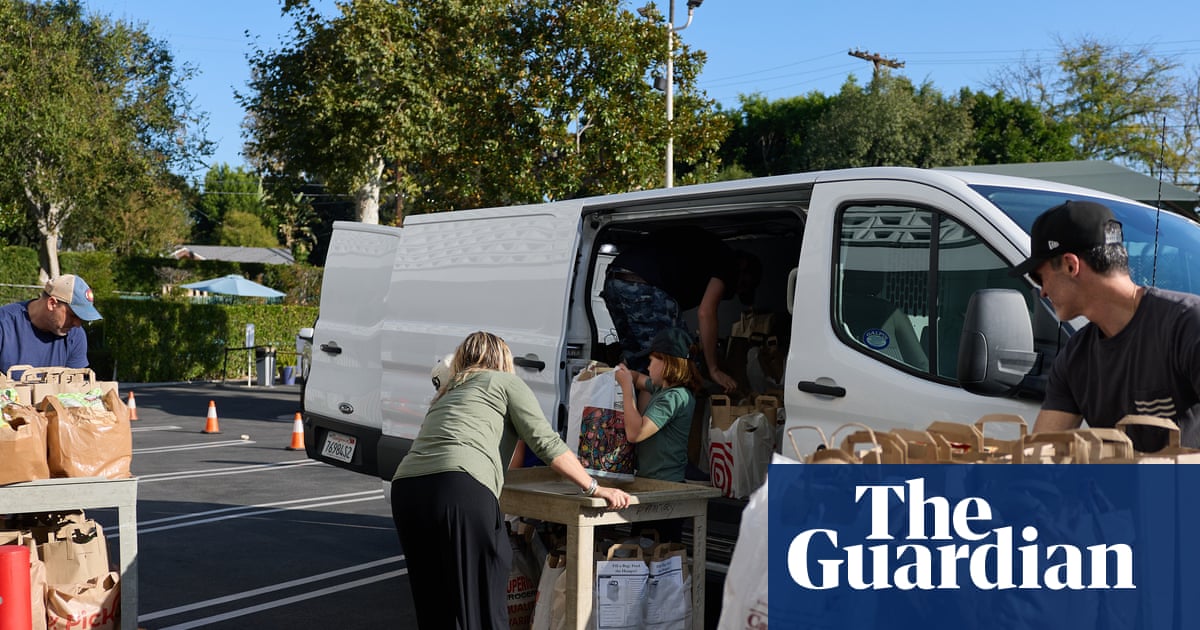



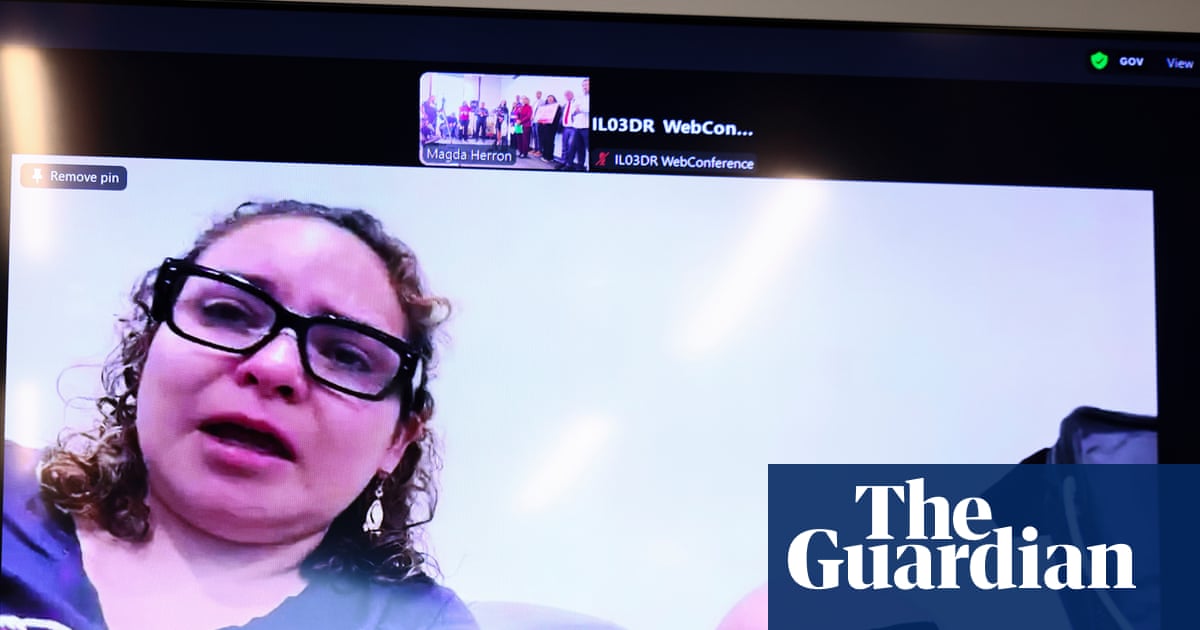
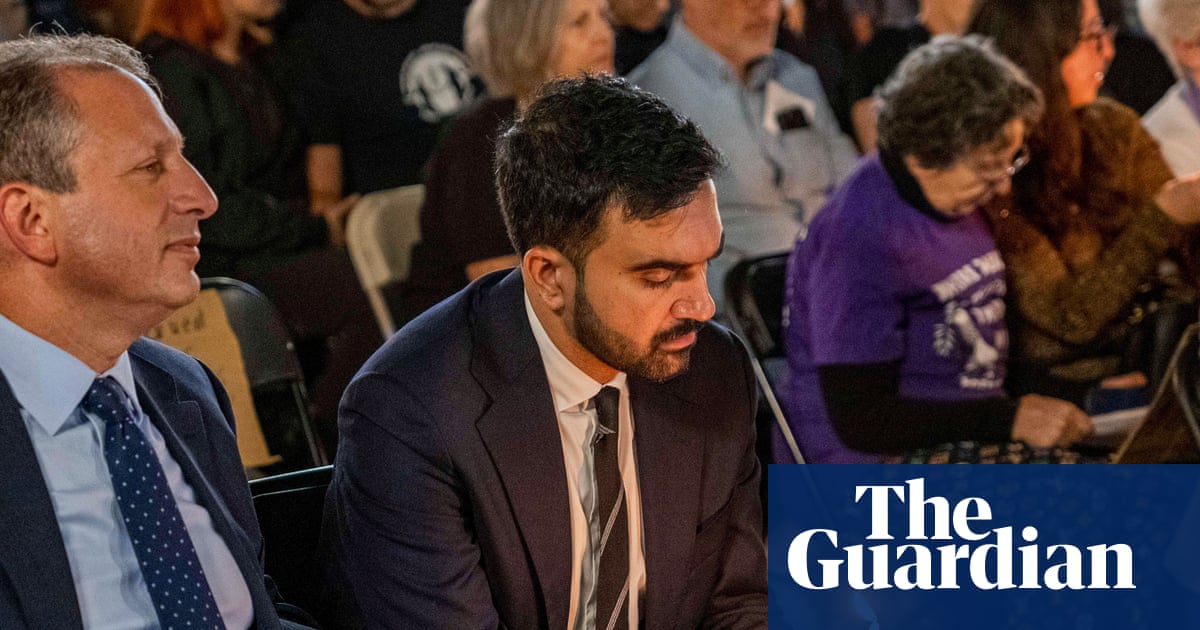
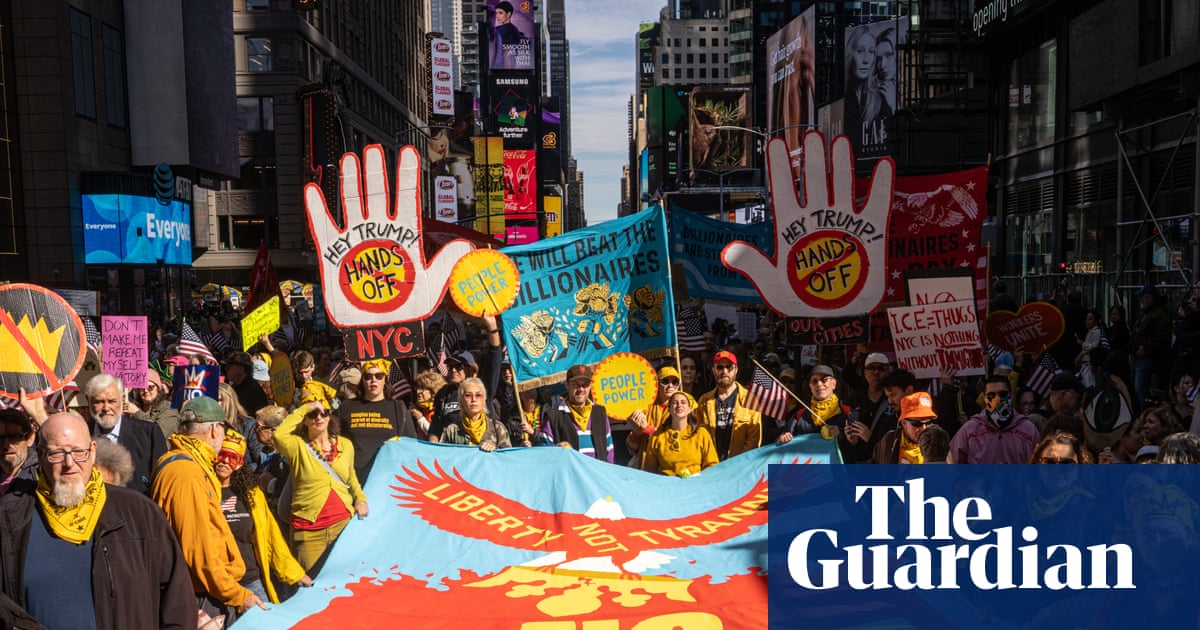














Comments